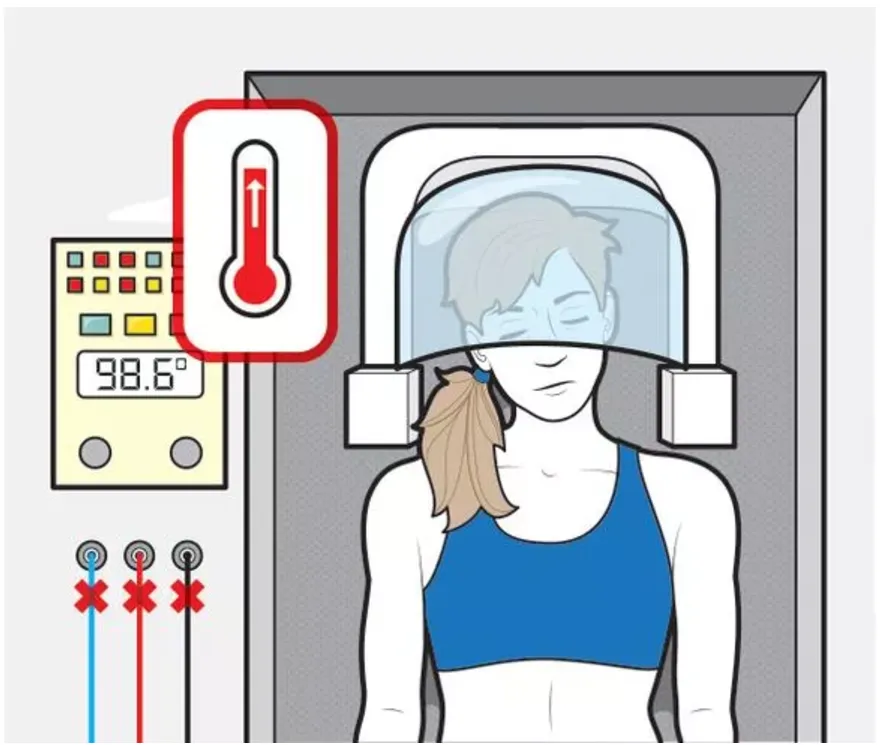
It's a common trope in sci-fi: for long, interplanetary voyages, the crew is put into some kind of artificial hibernation. The thing is, NASA is already exploring the concept for a future trip to Mars.
Technically known as "torpor," this artificial hibernation would involve a sedative hooked up to one's chest via an IV, along with a feeding tube. However, one of the benefits of this process is that participants will need less nutrition and oxygen, allowing the crew to save resources. To that end, the body would be cooled down below the point of hyperthermia, similar to the concept of cryogenetic freezing.
Potential pitfalls of this process: muscles would atrophy, unless the pod was designed to stimulate them throughout one's rest. Also, anticoagulants would be needed to make sure that blood does not clot during one's dormant state and cause potential damage.
Our future Martian would probably not sleep through the whole six-month journey, however; every few weeks, crew members would take turn waking for a few days to "stretch their legs," so to speak, and possibly care for the other sleeping passengers. Then it's time to wake up your replacement and catch a few more z's until arrival.